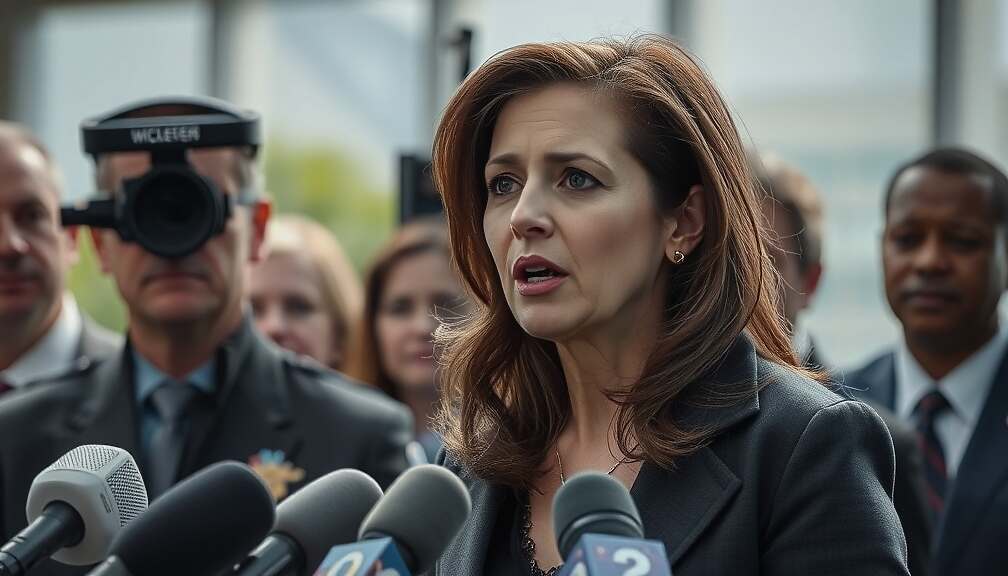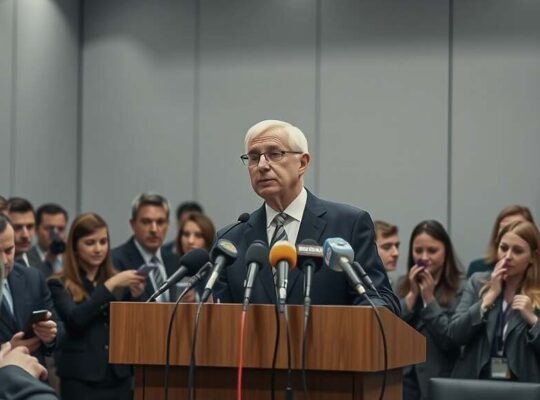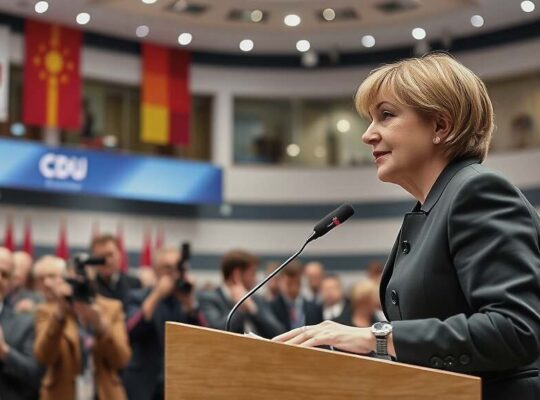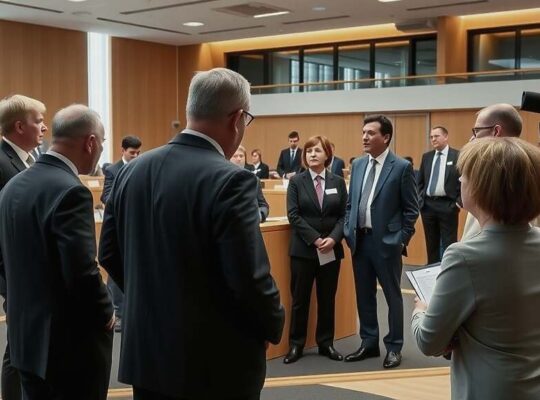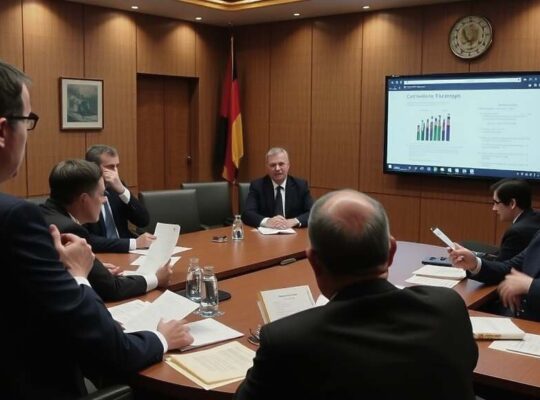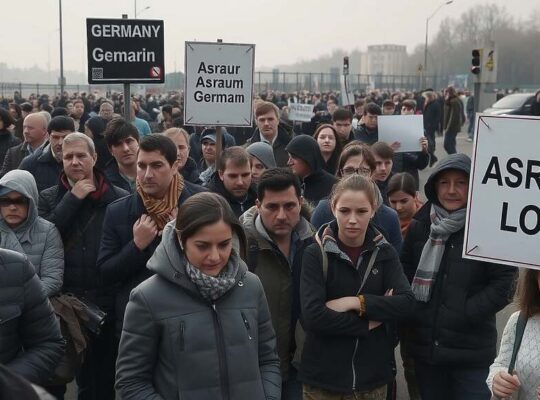The German government’s approach to pension stability is facing scrutiny, but SPD parliamentary group spokesperson Annika Klose has staunchly defended the current strategy, arguing it’s a necessary, albeit costly, measure for ensuring the long-term viability of the system. In a recent interview with POLITICO’s Berlin Playbook podcast, Klose reiterated the government’s commitment to extending the pension level stabilization to 2031, a decision that has drawn criticism from various sectors.
Klose insists that the costs associated with this extension are justified, claiming they represent a crucial investment in the future. “This government must be held accountable for stabilizing the pension level and this is precisely the right step we need to take now” she stated, emphasizing that stabilizing the level ensures that younger generations contributing to the system will also receive a secure retirement.
The financing of this stabilization hinges on a delicate balance, according to Klose. While acknowledging the necessity of raising pension contributions, she stressed that increases must be “very moderate”. The overall contribution burden – encompassing pensions, healthcare and long-term care insurance – is a critical factor and any significant spikes are deemed unacceptable.
Looking further ahead, Klose explained that government funding through taxation will be instrumental in maintaining the stabilization. This issue will be formally addressed by the Pension Commission starting in early 2026, providing a framework for future financial considerations.
However, Klose’s defense didn’t shy away from a core problem: the need for significantly more contributions. She underscored the critical need to broaden the contributor base, advocating for strategies that bring more individuals into the system and distribute the cost burden more broadly. This implicitly acknowledges the existing gaps in the workforce – those working informally, unemployed, or otherwise not contributing – and suggests a need for policy revisions to address them. Critics argue that relying heavily on tax revenue to subsidize pensions creates a precarious dependency on government finances and potentially crowds out funding for other essential public services. The long-term implications of this funding model, beyond 2026, remain a key area of political debate within Germany.


